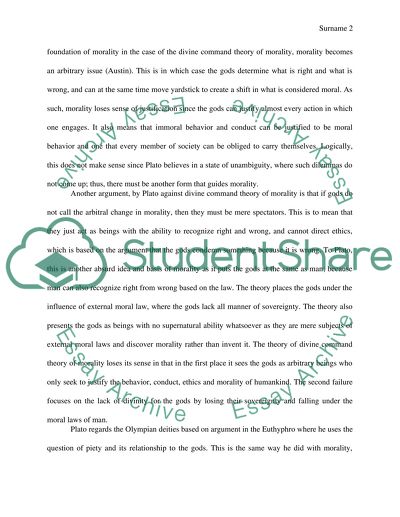Cite this document
(“Two essay Example | Topics and Well Written Essays - 1750 words”, n.d.)
Two essay Example | Topics and Well Written Essays - 1750 words. Retrieved from https://studentshare.org/philosophy/1468099-two-essay
Two essay Example | Topics and Well Written Essays - 1750 words. Retrieved from https://studentshare.org/philosophy/1468099-two-essay
(Two Essay Example | Topics and Well Written Essays - 1750 Words)
Two Essay Example | Topics and Well Written Essays - 1750 Words. https://studentshare.org/philosophy/1468099-two-essay.
Two Essay Example | Topics and Well Written Essays - 1750 Words. https://studentshare.org/philosophy/1468099-two-essay.
“Two Essay Example | Topics and Well Written Essays - 1750 Words”, n.d. https://studentshare.org/philosophy/1468099-two-essay.


